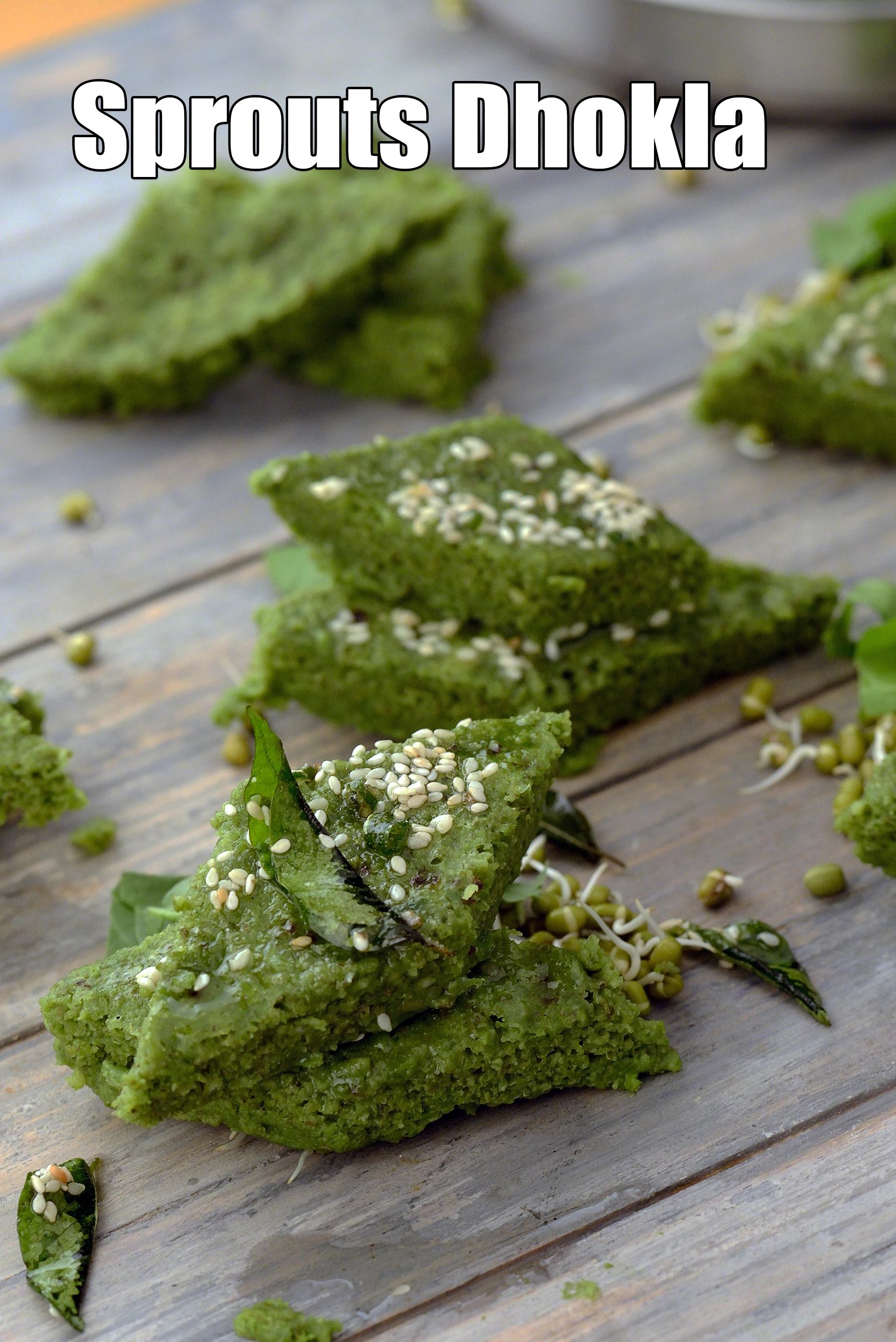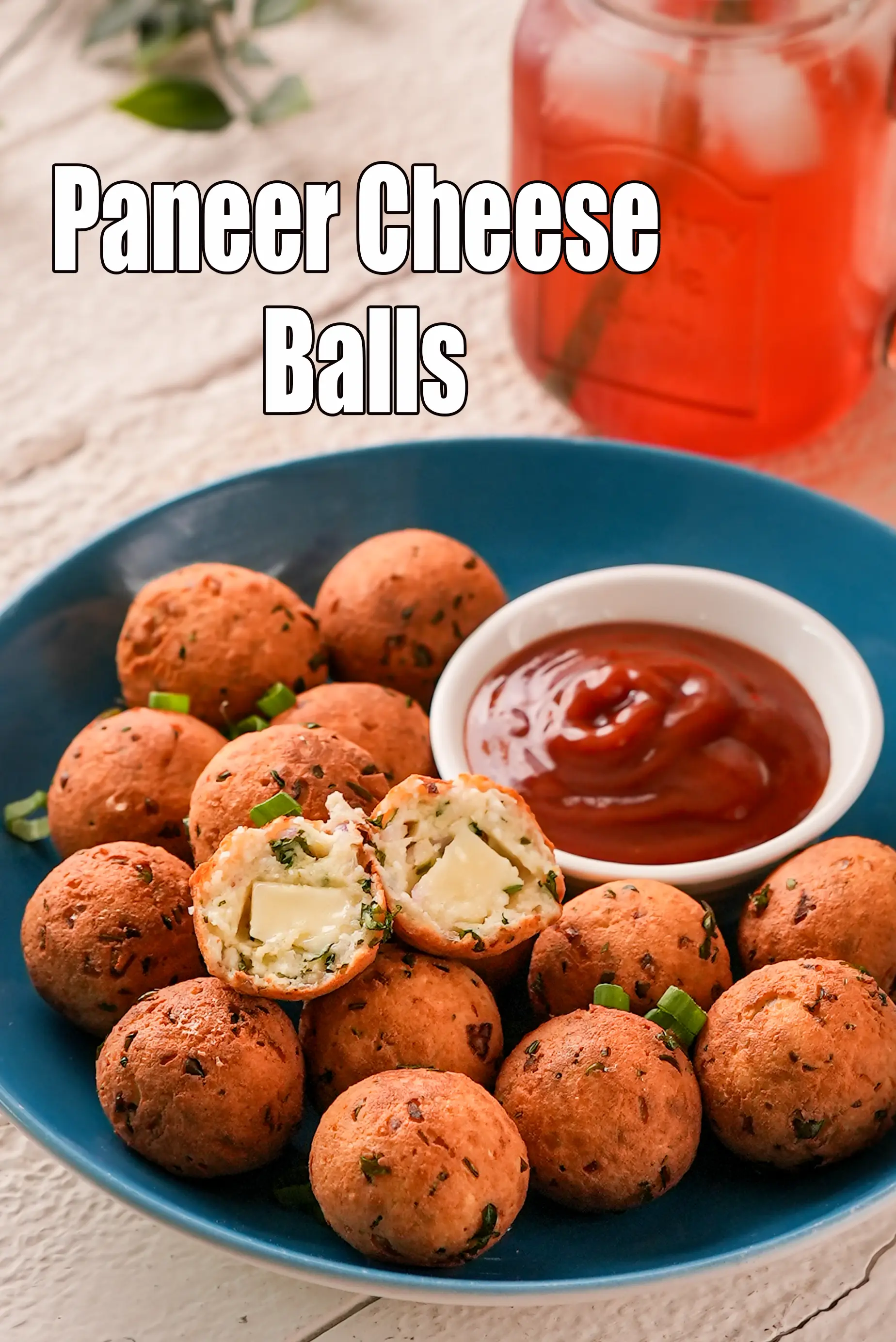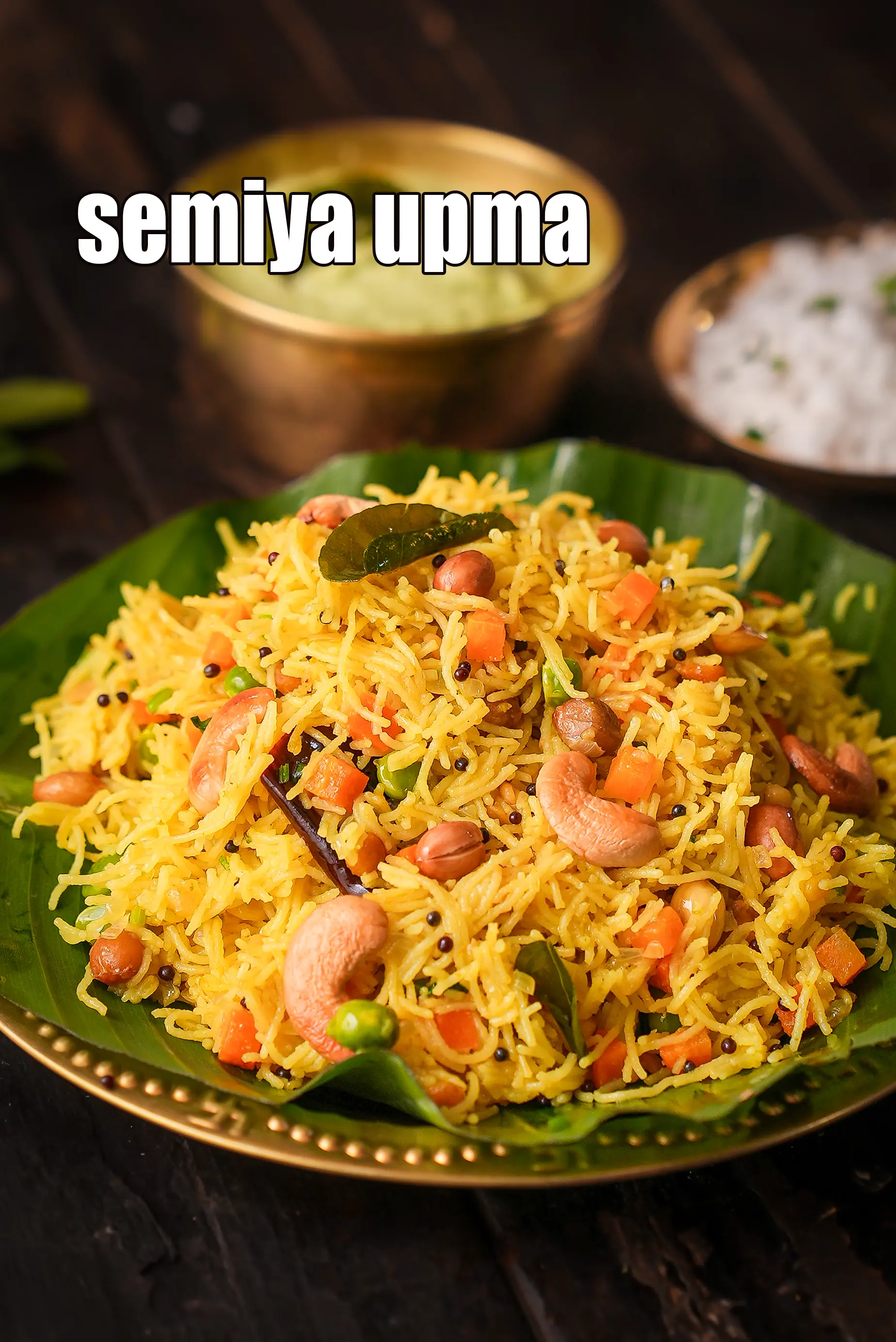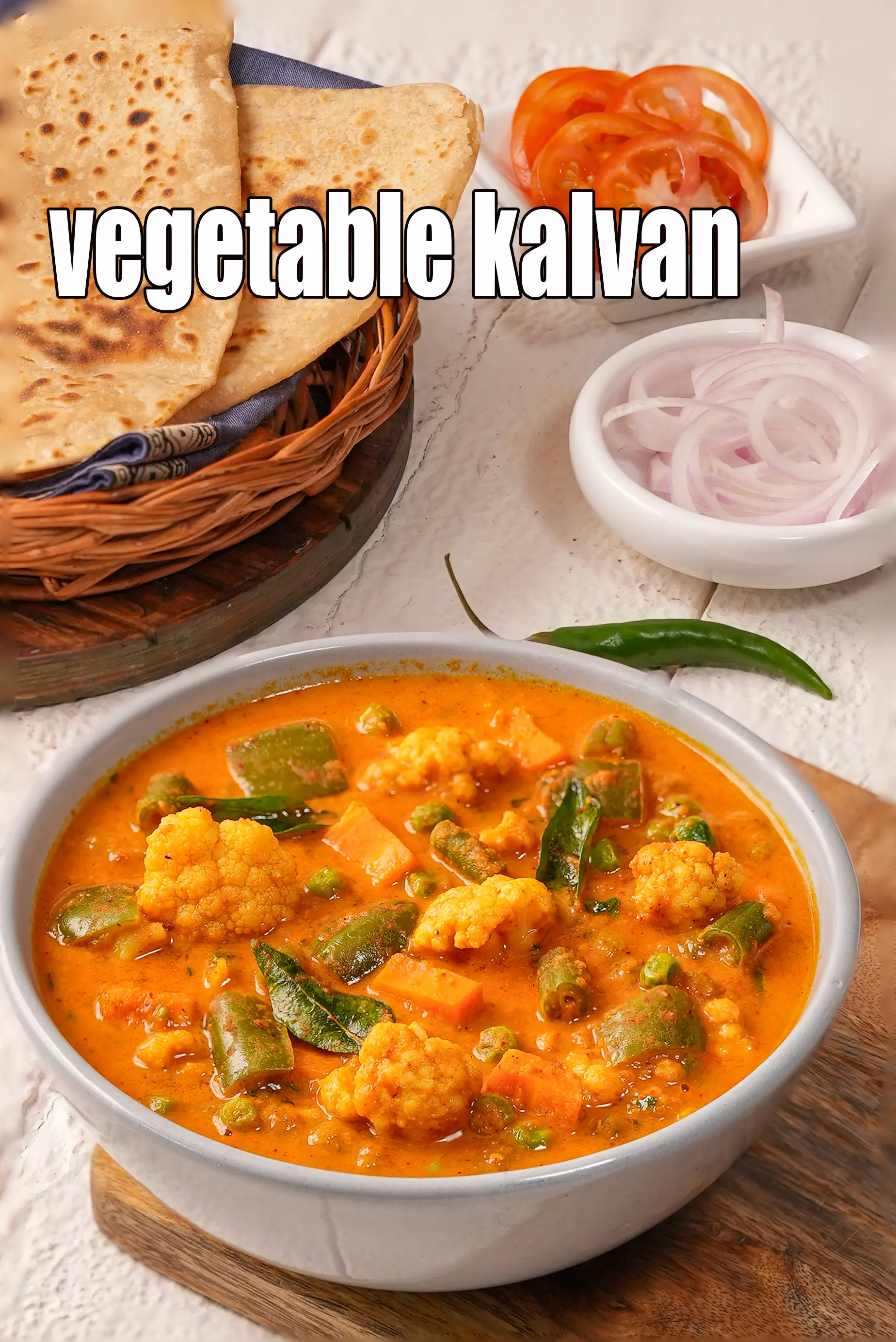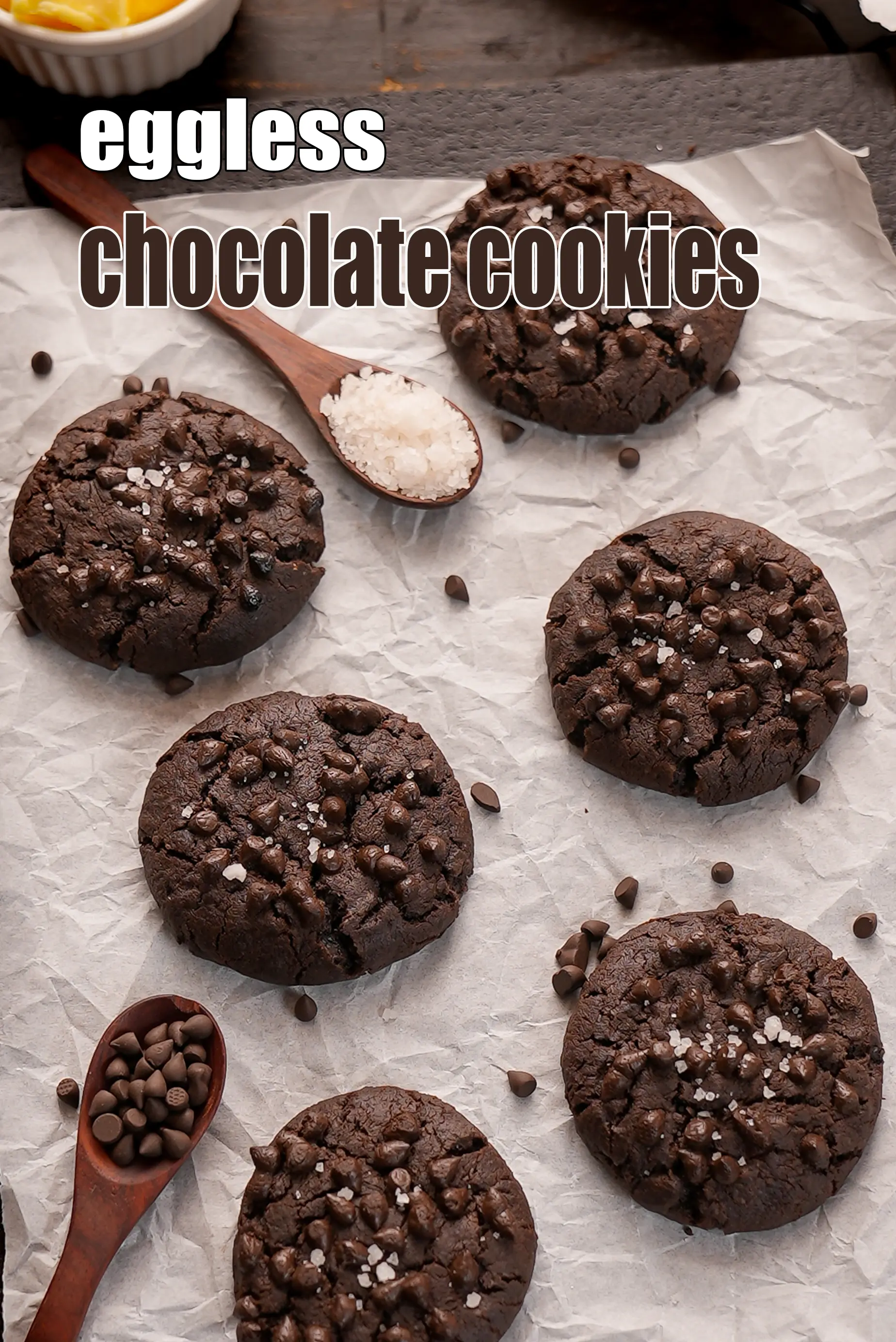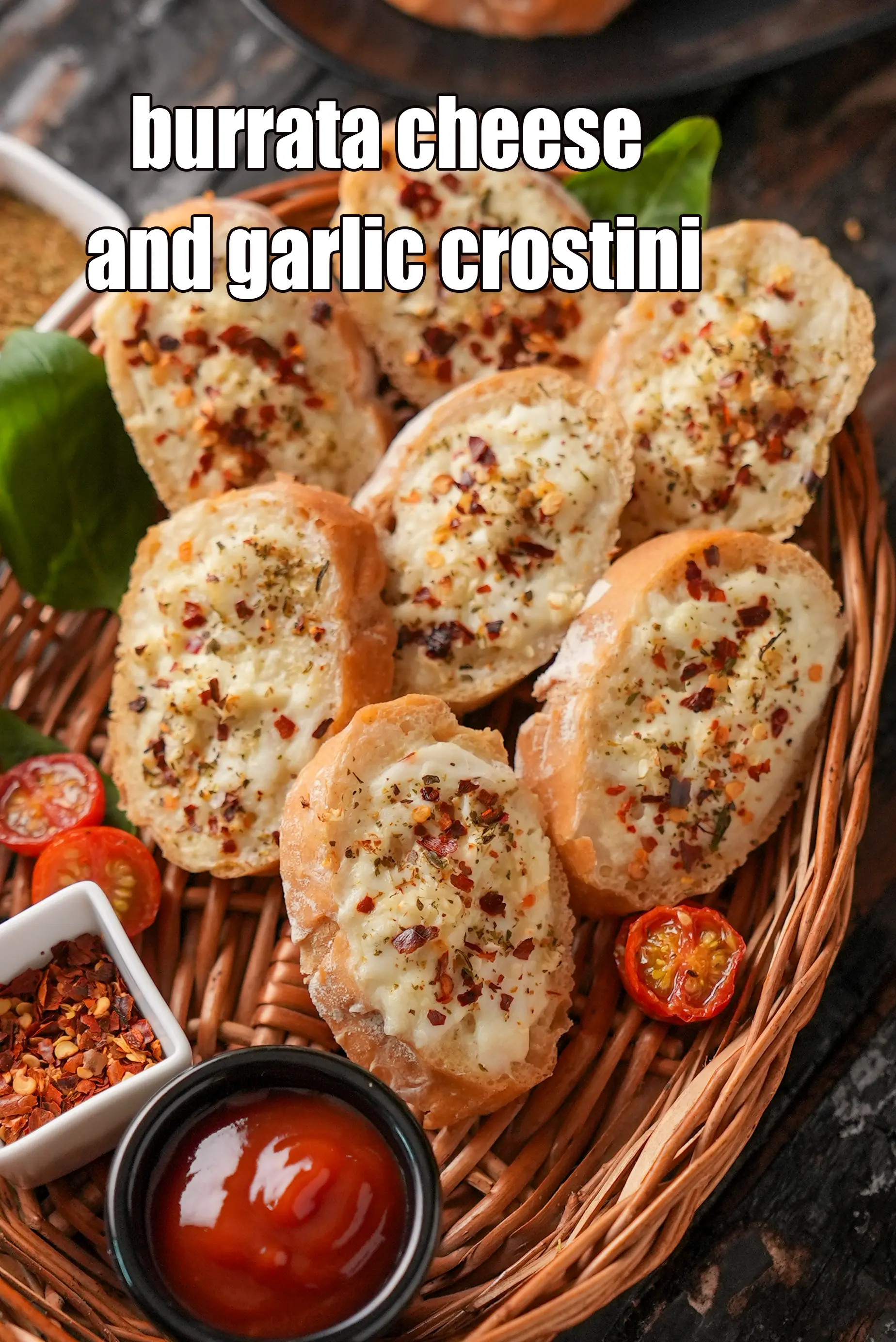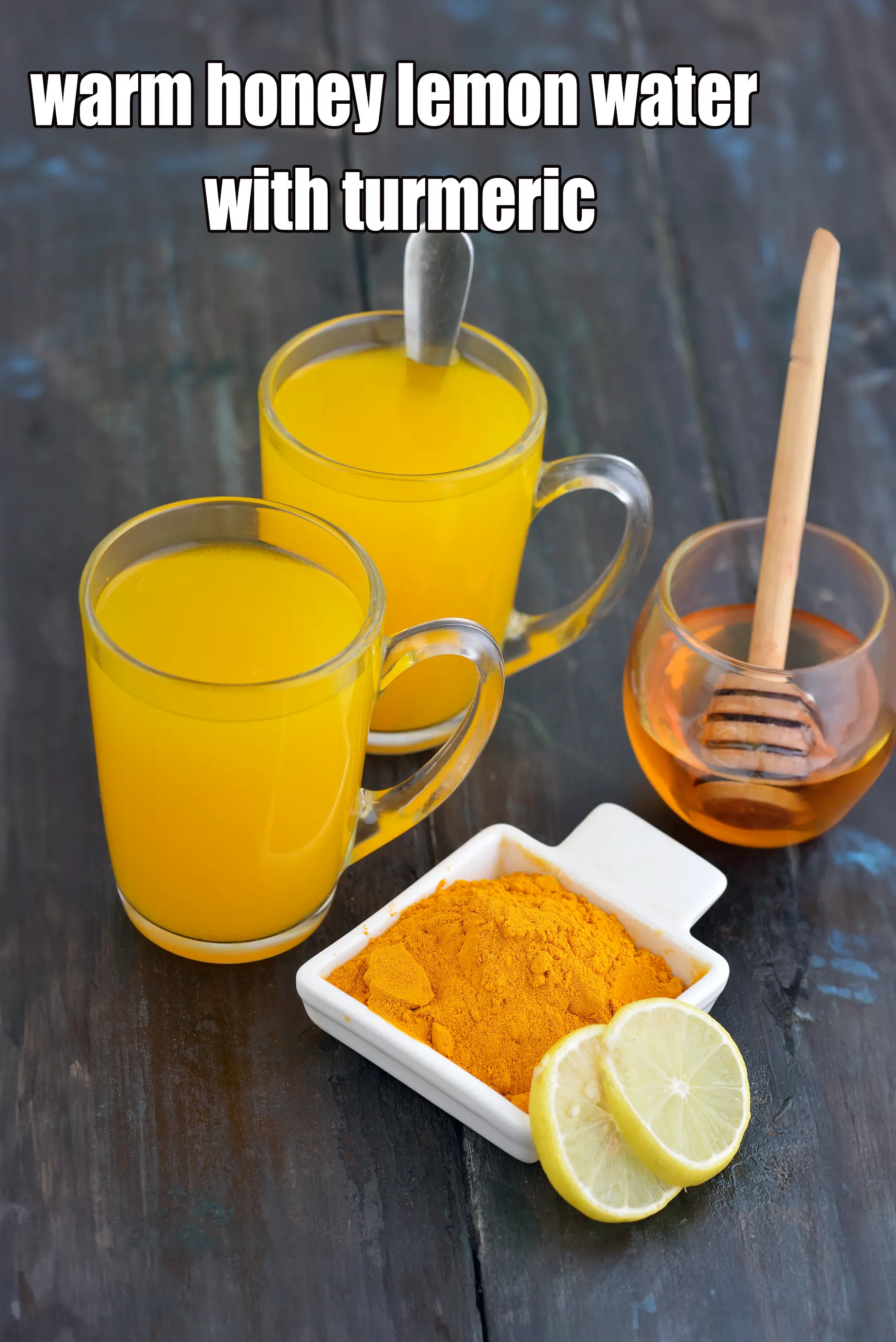Nutritional Facts of Paneer Spring Onion Paratha, Calories in Paneer Spring Onion Paratha
This calorie page has been viewed 5764 times
Table of Content
How many calories does one Paneer Spring Onion Paratha have?
One Paneer Spring Onion Paratha gives 82 calories. Out of which carbohydrates comprise 39 calories, proteins account for 11 calories and remaining calories come from fat which is 32 calorie. One Paneer Spring Onion Paratha provides about 4 percent of the total daily calorie requirement of a standard adult diet of 2,000 calories.
Paneer Spring Onion Paratha recipe makes 8 pararthas. Serving size is 2 parathas per person.
82 calories for 1 Paneer Spring Onion Paratha, Cholesterol 0 mg, Carbohydrates 9.8g, Protein 2.8g, Fat 3.7g. Find how much fibre, iron, calcium, zinc, magnesium, phosphorus, sodium, potassium, folic acid is present in Paneer Spring Onion Paratha.
Click here to view Paneer Spring Onion Paratha recipe | spring onion paratha with whole wheat flour | healthy paneer spring onion paratha |
Paneer Spring Onion Paratha is a mouthwatering Indian flatbread that combines the richness of paneer (Indian cottage cheese) with the freshness of spring onions. This delectable dish is a popular choice for breakfast or as a satisfying snack.
To prepare Paneer Spring Onion Paratha, you will need a few basic ingredients: whole wheat flour, low fat paneer, spring onions, green chillies, as well as salt and oil for cooking.
Start by preparing the dough for the paratha. In a mixing bowl, combine the whole wheat flour with a pinch of salt and water. Knead the dough until it becomes smooth and pliable without adding any water. Set it aside to rest for a few minutes.
Divide the dough into 8 small portions and roll them out into circles on a lightly floured surface. Roll a portion of the dough into a 125 mm. (5") diameter circle using a little whole wheat flour for rolling.
Heat a griddle or a non-stick pan over medium heat and cook the paratha on both sides until golden brown, brushing each side with oil for a crispy texture.
The result is a fragrant and flavorful Paneer Spring Onion Paratha with a crispy exterior and a soft, melt-in-your-mouth filling. The combination of the creamy paneer and the fresh spring onions creates a delightful balance of textures and flavors.
Paneer Spring Onion Paratha can be enjoyed on its own or paired with a side of dahi (curd), pickle, or chutney. It is a versatile dish that can be served for breakfast, lunch, or dinner, and it is loved by both kids and adults alike.
Serve Paneer Spring Onion Paratha with curds to further boost the protein content.
So, if you're craving a savory and satisfying Indian flatbread, give Paneer Spring Onion Paratha a try. Its delicious flavors and comforting textures are sure to make it a favorite in your culinary repertoire.
Paneer spring onion paratha is a good source of phosphorus, calcium, and Vitamin B1.
Pro tips for paneer spring onion paratha. 1. Do not let the dough rest for too long after dividing it, as the paneer may make the dough watery. It is best to cook the paratha immediately after dividing the dough. 2. To prevent the paratha from sticking to the griddle, grease it lightly with oil or ghee. .3 The healthiest oil for Indian cooking is coconut oil. Use Coconut oil instead of processed seed oils likesoyabean oil, canola, sunflower oil, corn oil and other omega-6 rich oils should be used in very low amounts. Another good option is peanut oil. Peanut oil has the highest amount of MUFA (around 49%) amongst most Indian common cooking oils.
Is Paneer Spring Onion Paratha healthy?
Yes, this is healthy. But restrictions apply to some.
Let's understand the Ingredients.
What's good.
1. Paneer : Paneer contains high quality protein and calcium which aids in weight loss. Since paneer is low in carbs and high in protein it gets digested slowly and hence good for diabetes. Potassium in paneer helps to reduce the effect of high sodium, by lowering blood pressure and contraction of blood vessels, resulting in improved heart health and reduced risk of heart attack. Great for weight loss and read the interesting article on is paneer good for you?
2. Spring Onions : The sulfur compounds in spring onions are known to keep blood pressure under check. Here the sulfur compounds and antioxidant quercetin together help to keep blood sugar levels under control by increasing the production of insulin making it good for Diabetics. Spring onions have also been identified to lower cholesterol levels in the body. The vitamin C also puts you at less risk of heart disease. Being very low in calories and fat and encompassing a basketful of nutrients, they are looked upon as a weight loss vegetable too. See detailed benefits of spring onions.
3. Whole Wheat flour : Whole wheat flour is excellent for diabetics as they will not shoot up your blood sugar levels as they are a low GI food. Whole wheat flour is rich in Phosphorus which is a major mineral which works closely with calcium to build our bones. Vitamin B9 helps your body to produce and maintain new cells, especially increase red blood cells. See detailed 11 benefits of whole wheat flour and why it's good for you.
4. Green Chillies : Antioxidant vitamin C in green chillies protects the body from effects of harmful free radicals and prevents stress. It is probably the high fiber which helps in controlling blood sugar levels. This it is a welcome addition to a diabetic diet. Suffering from anaemia? Add green chillies to your list of iron rich foods too. For complete details see benefits of green chilli.
5. Coconut Oil : Use coconut oil instead of processed seed oils like soyabean oil, canola, sunflower oil, corn oil and other omega-6 rich oils should be used in very low amounts. Coconut oil is a medium chain triglycerides (MCT’s). Unlike other fats, they go directly from the gut to the liver. From here, they are then used as a source of energy. As the calories in MCT’s are used straight away, they are less likely to be stored as fats in the body. MCT's have shown to improve your brain and memory function, they also give a boost to your energy levels and improve your endurance. The MCT in Coconut oil reduces the LDL cholesterol (bad cholesterol) while increasing the count of HDL cholesterol, maintaining normal blood pressure and good for diabetics. See detailed benefits of coconut oil.
What's the problem?
1. Vegetable Oils : To some vegetable oil is only soyabean oil, while some promote it as a mix of oils like soyabean, canola, sunflower, corn and other omega-6 rich oils. These are often cheaper options than many oils, but they are highly processed oils. They are undoubtedly not to be reached out for, whether you are looking for salad dressings, sautéing or cooking. The 5 best oils used in cooking are olive oil (low temperature short time cooking), avocado oil, canola oil, coconut oil and peanut oil. You must read the super article to find the facts of which oil is the healthiest avoid vegetable oil.
Can diabetics, heart patients and over weight individuals have Paneer Spring Onion Paratha?
Yes, this recipe is good for diabetics, heart and weight loss BUT use low fat paneer in the recipe. Paneer contains high quality protein and calcium which aids in weight loss. Since paneer is low in carbs and high in protein it gets digested slowly and hence good for diabetes. The sulfur compounds in spring onions are known to keep blood pressure under check. Here the sulfur compounds and antioxidant quercetin together help to keep blood sugar levels under control by increasing the production of insulin making it good for Diabetics.
What is a healthy accompaniment to this paratha?
We suggest you pair it with homemade curds using cows milk or low fat curds, lauki pudine ka raita, mixed veggie raita, low calorie spinach raita or a cucumber and pudina raita.

Basic Homemade Curd, Dahi Or Yogurt Using Cow's Milk
Can healthy individuals have Paneer Spring Onion Paratha?
Yes.
Paneer Spring Onion Paratha is rich in below macronutrients, vitamins and minerals given in descending order (highest to lowest).
Serving size is 2 parathas per person.
- Phosphorus : Phosphorus rich Indian foods works closely with calcium to build bones. Phosphorus rich Indian foods like dairy products ( milk, paneer, curd), nuts, seeds, jowar, bajra, moong, matki, oats, ragi, wheat flour etc. 24% of RDA.
- Vitamin B1 (Thiamine) : Vitamin B1 protects nerves, helps in carbohydrate metabolism, prevents heart diseases and helps produce red blood cells. Indian Foods rich in B1 are Flax seeds (alsi), Sunflower seeds, Sesame seeds, Garden cress seeds (halim), Capsicum, Wheat flour, Chana dal, moong, walnuts, masoor dal, brown rice, jowar, bajra. 20% of RDA.
- Calcium. See Calcium rich recipes : Calcium is a mineral that makes bones stay strong. See our list of calcium rich Indian foods. Dairy products: Like milk, curds, cheese, paneer and buttermilk. Green leafy vegetables like spinach, fenugreek, broccoli. Nuts and ragi. Required from kids to adults. 18% of RDA.
How to burn 82 calories that come from one Paneer Spring Onion Paratha?
| Walking (6 kmph) = | 25 | mins |
| Running (11 kmph) = | 8 | mins |
| Cycling (30 kmph) = | 11 | mins |
| Swimming (2 kmph) = | 14 | mins |
Note: These values are approximate and calorie burning differs in each individual
| Energy | 82 cal |
| Protein | 2.8 g |
| Carbohydrates | 9.8 g |
| Fiber | 1.6 g |
| Fat | 3.7 g |
| Cholesterol | 0 mg |
| Vitamin A | 56.5 mcg |
| Vitamin B1 | 0.1 mg |
| Vitamin B2 | 0 mg |
| Vitamin B3 | 0.5 mg |
| Vitamin C | 1.8 mg |
| Folic Acid | 4.8 mcg |
| Calcium | 53.5 mg |
| Iron | 0.7 mg |
| Magnesium | 16.8 mg |
| Phosphorus | 70.9 mg |
| Sodium | 2.6 mg |
| Potassium | 47.2 mg |
| Zinc | 0.3 mg |
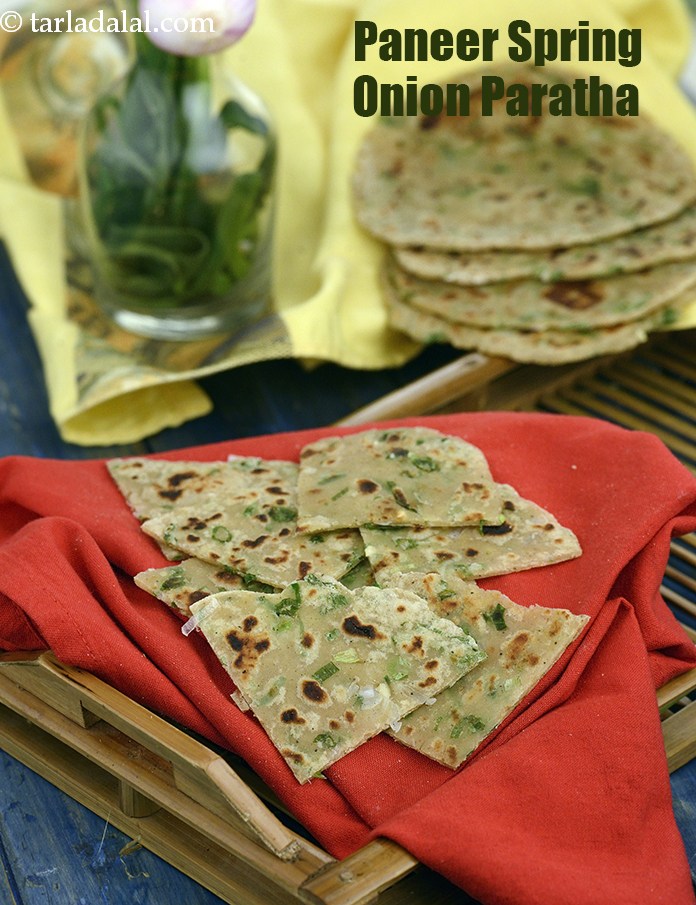
Click here to view Paneer Spring Onion Paratha
Calories in other related recipes

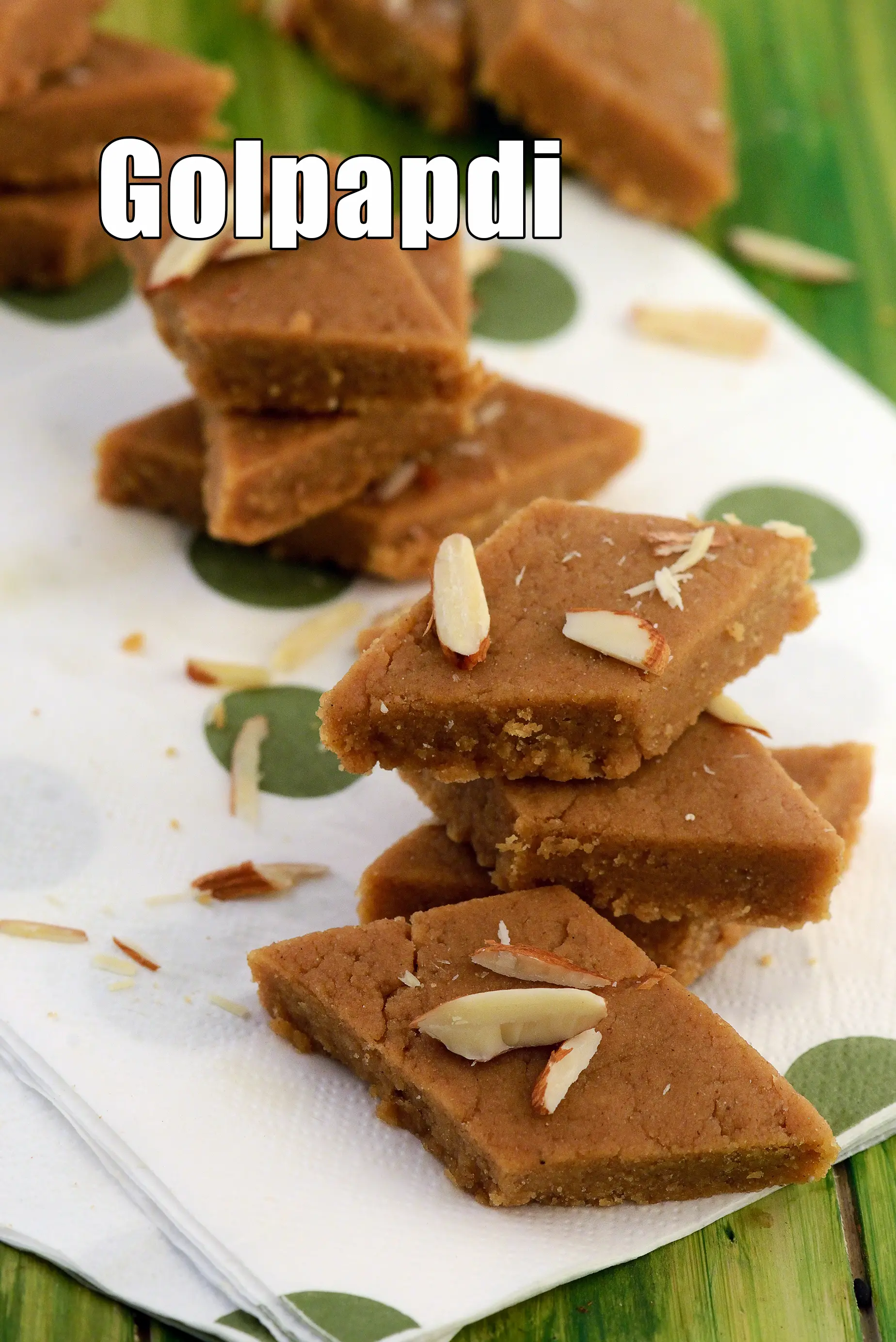
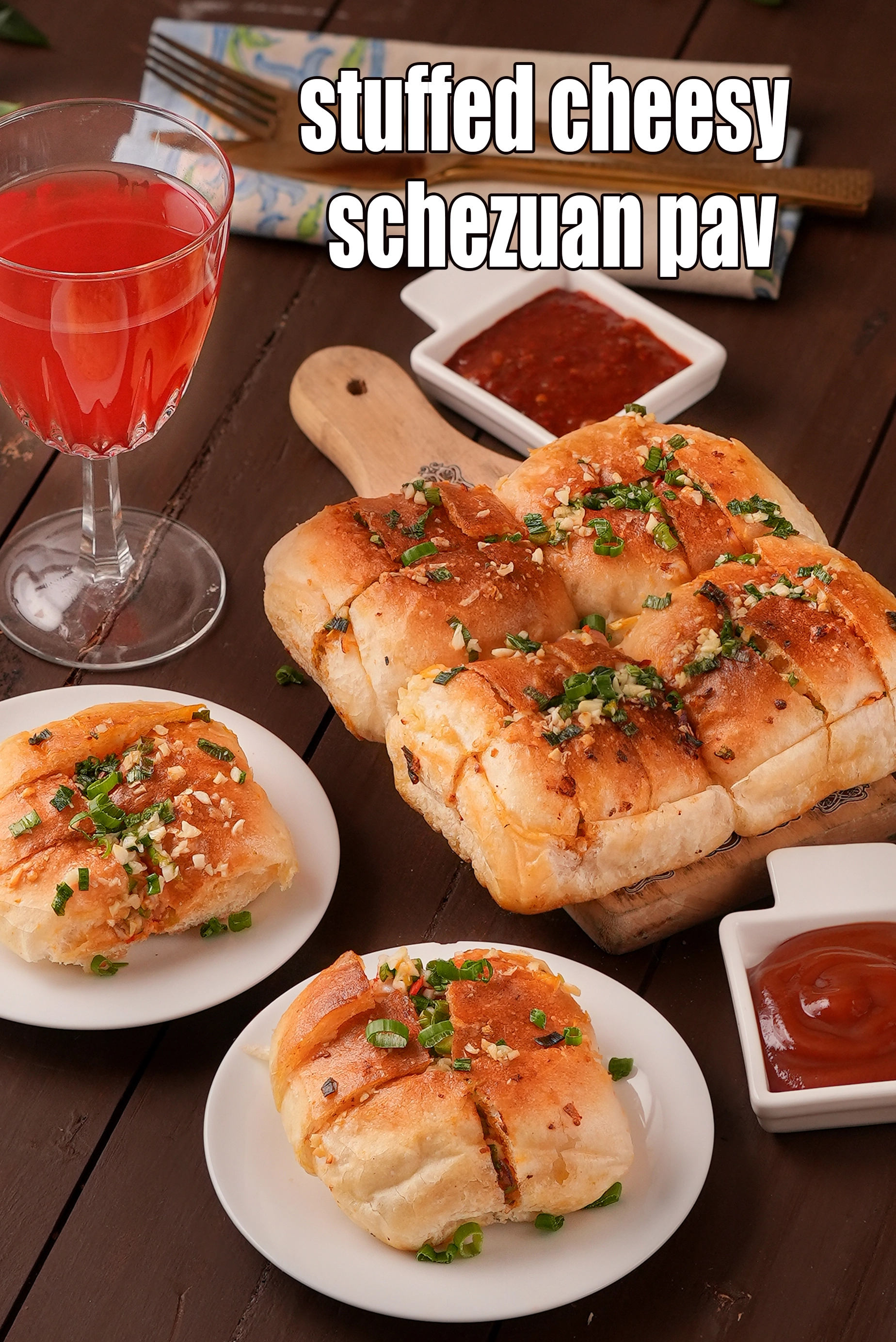
-10876.webp)
